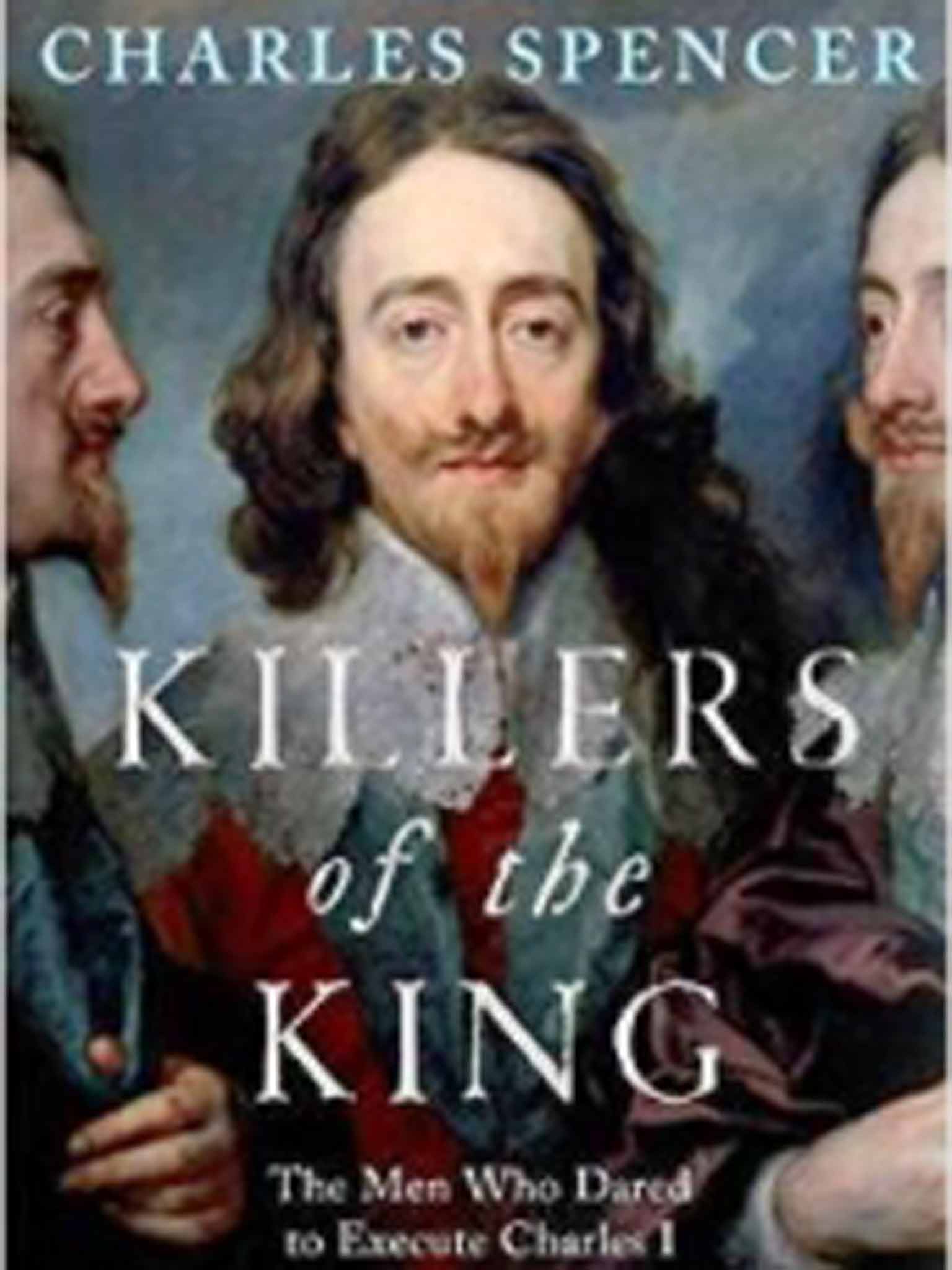Killers of the King by Charles Spencer - book review: A thrilling tale of regicide and revenge

On 30 January 1649, the bitterly cold day of his execution, King Charles I wore two shirts under his doublet, determined not to shiver in case people thought he was trembling in fear. On the scaffold in Whitehall, Charles protested his innocence and asked for God's forgiveness for the men who had executed his death warrant, praying that their "great sin" "be not laid to their charge". But nearly 20 years later, when his son was restored in 1660 as Charles II, it was. As Charles Spencer shows in his brilliant book the newly restored Restoration government went after the killers of the king with a vengeance.
There were 80 men to pursue: 59 judges or commissioners who sat on Charles's trial and signed his death warrant, alongside 12 officers who had facilitated the execution and also Hugh Peters, a preacher deemed guilty of encouraging regicide. Assorted others had attended some sessions of the trial. A quarter were already dead.
All the men defined as guilty were of rank – politicians, soldiers and aristocrats. Some gave themselves up, hoping for a fine and clemency. Others, more prescient, fled to France, Netherlands, America, Germany and Switzerland. What followed was a chase – and Spencer gives us the gripping detective story about the hunt for the regicides across Britain and Europe.
The first to be found guilty was Major-General Thomas Harrison who was hanged, drawn and quartered at Charing Cross in October 1660, refusing to repent. In the midst of his ordeal, Harrison punched the executioner – who was so embarrassed at the insubordination that he quickly killed him off. As Samuel Pepys reported, when Harrison's head and heart were shown to the crowd, "there was great shouts of joy". To the people, the regicides stood for everything they had hated under the Interregnum – and they were delighted by their deaths.
This is a thrilling tale of pursuit and resistance and it is based on deep original archival research. It is a credit to Spencer's skill that he both creates a vivid and enlightening picture of the age – a fevered time of denunciation and reprisal – and draws out the touching moments of human drama and sentiment from the stories of imprisonment and execution. Those who fled to America had the best luck: William Goffe, Edward Whalley and John Dixwell died of natural causes and are commemorated in three streets in New Haven.
But all the killers of the king were brave, daring to commit regicide in, as Spencer puts it "hope of bringing peace to their traumatised land". This beautifully written, moving book is a tribute to their sacrifice.
Join our commenting forum
Join thought-provoking conversations, follow other Independent readers and see their replies
Comments